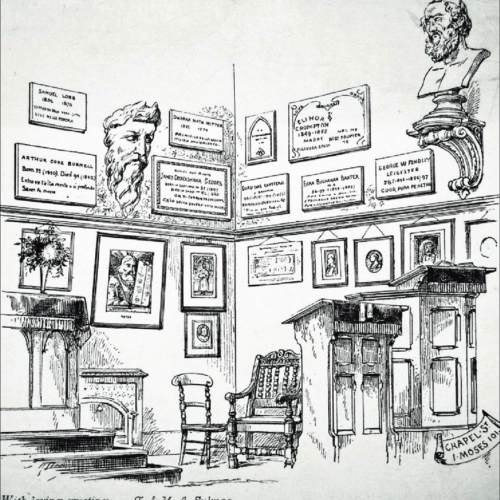

Positivism is a philosophical system based on the writings of French thinker Auguste Comte, which flourished from the 1830s onwards. This secular ‘Religion of Humanity’ appealed to many during the second half of the 19th century as a humanist alternative to the established Church, though many later turned away from its increasingly ritualised and hierarchical stylings. Removing the worship of gods, the Religion of Humanity instead venerated humankind and its achievements, establishing ‘churches’ or ‘temples’ of humanity in which to do so. Some positivists were also members of the ethical societies, which became Humanists UK.
When this exposition of Positive Philosophy unfolds itself in order before their eyes, they will, I am persuaded, find there at least a resting-place for their thought — a rallying-point of their scattered speculations — and possibly an immovable basis for their intellectual and moral convictions.
Harriet Martineau, The Positive Philosophy of Auguste Comte
The first volume of Comte’s Cours de Philosophie Positive was published in 1830, followed by a further five volumes in which his ideas were outlined in detail. Central to his philosophy was the idea that humanity passed through three stages: the theological, the metaphysical, and finally the positive. The first two stages both represented a reaching out for explanations as to existence and the natural world, and attributing what could not be understood to a god. The final, positive, stage, represented the embrace of science – that which could be proven and observed – as a basis on which to live and make sense of things. Comte acknowledged, though, the significance of collective ritual in society, and his Religion of Humanity was borne from the desire to offer an alternative.
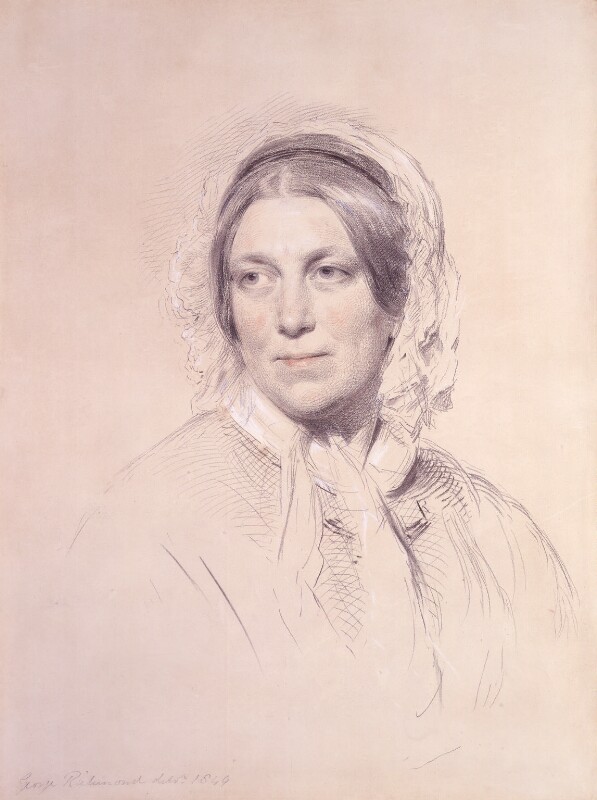
Freethinker Harriet Martineau published in 1853 a condensed translation of Comte’s work, titled The Positive Philosophy of Auguste Comte. In doing so, she hoped to make positivism more widely known, and she acknowledged the threat these ideas presented to traditional religion. After all, Martineau wrote in her preface:
The theological world can not but hate a book which treats of theological belief as a transient state of the human mind.
At the same time, like an increasing number of Victorians who saw traditional religious beliefs progressively shaken by the advances of science, Martineau noted the appeal of the positivist philosophy:
The supreme dread of every one who cares for the good of nation or race is that men should be adrift for want of an anchorage for their convictions. I believe that no one questions that a very large proportion of our people are now so adrift. With pain and fear, we see that a multitude, who might and should be among the wisest and best of our citizens, are alienated for ever from the kind of faith which sufficed for all in an organic period which has passed away, while no one has presented to them, and they can not obtain for themselves, any ground of conviction as firm and clear as that which sufficed for our fathers in their day.
It was this sense of the possibilities of a ‘scientific’ religion which drew Martineau, and others, to explore positivism. A number of notable freethinkers and humanists in the UK, including John Stuart Mill, George Eliot, and F.J. Gould, were drawn to Comte’s ideas, and to the central maxims of love, order, and progress. It was Comte who coined the term ‘altruism’, or in French ‘altruisme’, derived from the Latin ‘alter’, meaning ‘other’. This new term conveyed an ethic of godless selflessness (literally ‘living for others’). This was a distinctively humanist innovation which reframed morality as based in the relationships between human beings and in human societies, rather than, as in Christianity, the product of a moral order handed down to human beings from on high.
In England, positivism’s major leaders were Richard Congreve and Frederic Harrison, and the first ‘Church of Humanity’ opened in 1870, on Chapel Street (now Rugby Street) in Bloomsbury. Harrison, an accomplished barrister, writer, and lecturer, was himself a member of the West London Ethical Society during the 1890s, illustrating the shared sympathies of the two movements. In 1899, he conducted the wedding ceremony of ethical society leader Stanton Coit to Fanny Adela Wetzlar, described by some newspapers as ‘the first ethical marriage’. This was a notable forerunner of today’s Humanist Ceremonies.
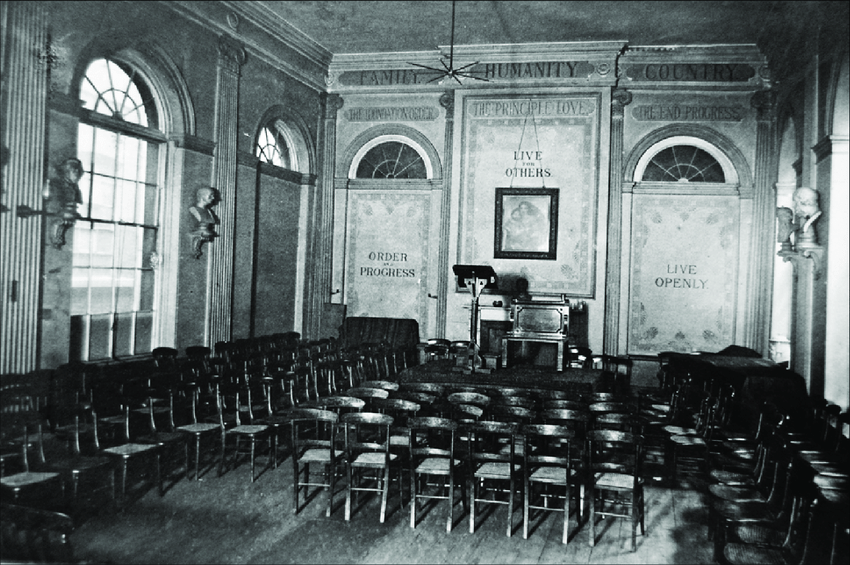
A fracture in the London positivist leadership led Harrison to found his own centre, Newton Hall, in 1881. Both Chapel Street and Newton Hall adhered to Comte’s positivist calendar, assigning days for the celebration of historical notables, and both administered the positivist ‘sacraments’ (including Presentation, Initiation, and Marriage). They were also, like the ethical societies, centres of socialising and education, running courses of lectures and programmes of events. Positivist communities grew in other parts of the UK too, most notably in Liverpool, which had a loyal following from 1879.
The ritualistic nature of positivism drew heavy criticism from some. T.H. Huxley famously described the Church of Humanity as ‘Catholicism minus Christianity’, and the positivist religion as arising from an ‘incongruous mixture of bad science with eviscerated papistry’. John Stuart Mill, an early admirer of Comte, later described ‘passages in his writings which, it really seems to us, could have been written by no man who had ever laughed.’ Comte’s ‘mania for regulation’, he felt, threw ‘an irresistible air of ridicule over the whole subject’.
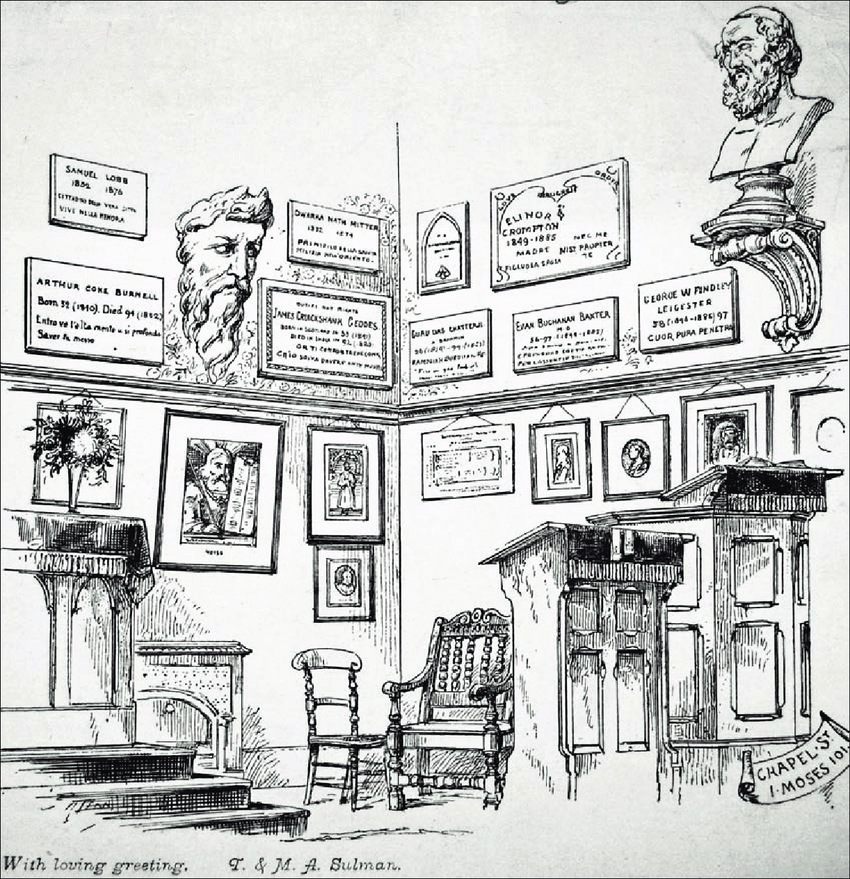
Despite this, positivism exerted a significant influence on some of the leading humanists and social reformers of the 20th century. William Beveridge, who laid the foundations of the welfare state, was raised in a household steeped in positivist philosophy. F.J. Gould, in his Life-Story of a Humanist, lauded Comte’s ‘excellent motto for daily life and education,’ which so inspired him:
Love the principle; Order the basis; Progress the aim.
At the tail of the 19th century, positivism still had a significant global following, particularly in Latin America. Comte’s humanist motto (L’amour pour principe et l’ordre pour base; le progrès pour but) was translated into Portuguese (Ordem e Progresso) to become the national motto of Brazil, and still figures in the Flag of Brazil today.
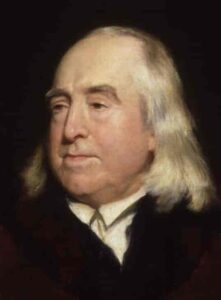
It is impossible that Theology can throw any light upon either morality or jurisprudence. Jeremy Bentham Philosopher and jurist Jeremy […]
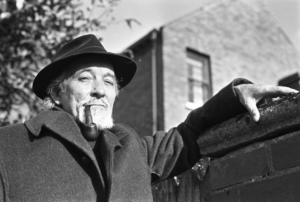
This conference is resolved to strive for the achievement of peace, justice and tolerance in Ireland, and holds that outmoded […]
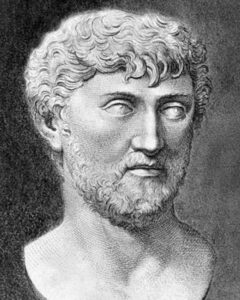
Titus Lucretius Carus was a Roman poet contemporary of Julius Caesar. Little is known of him apart from his name […]
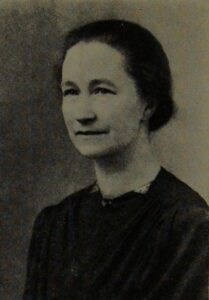
Every movement requires its handful of pioneers who are prepared to stand up and be counted — to be abused, […]